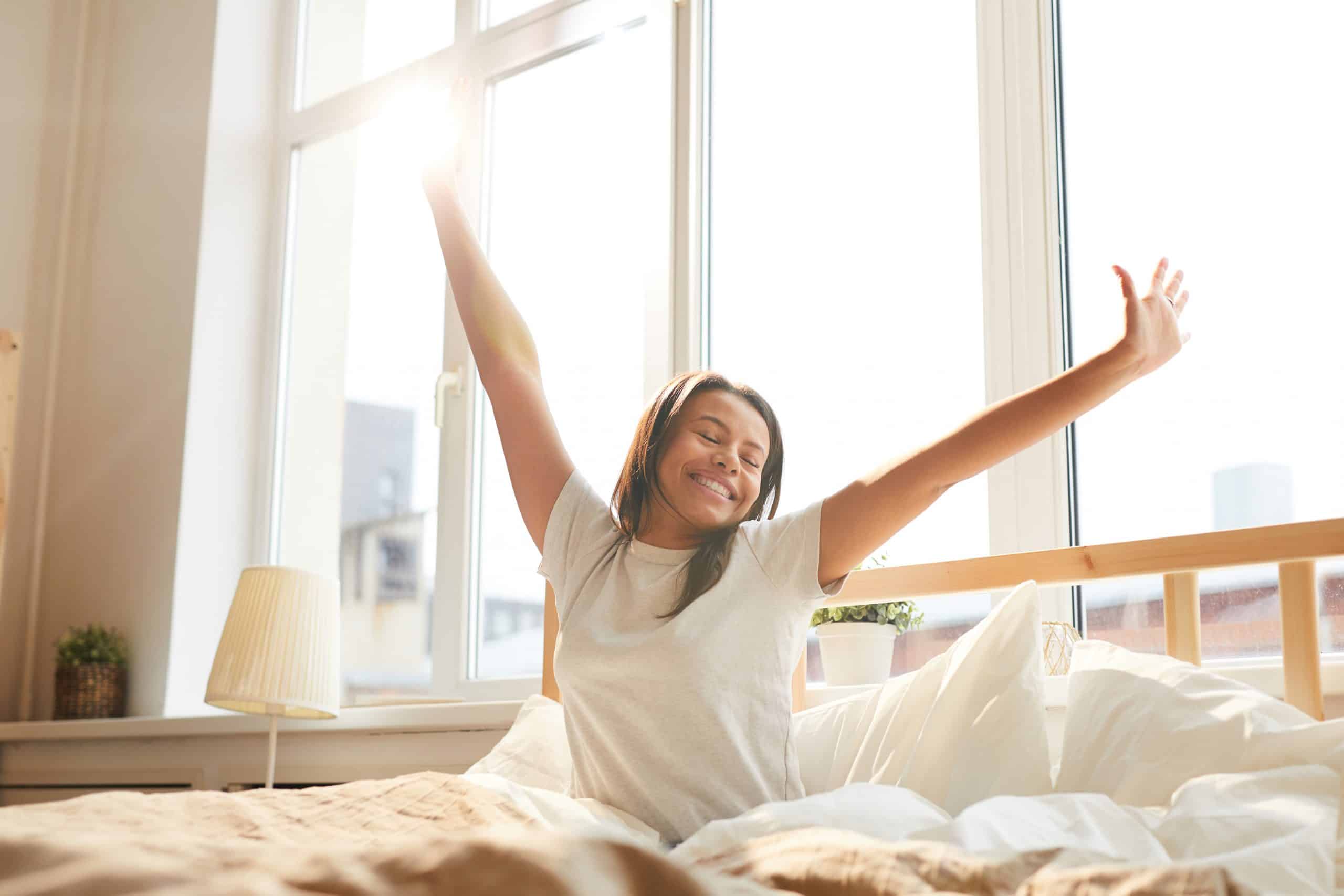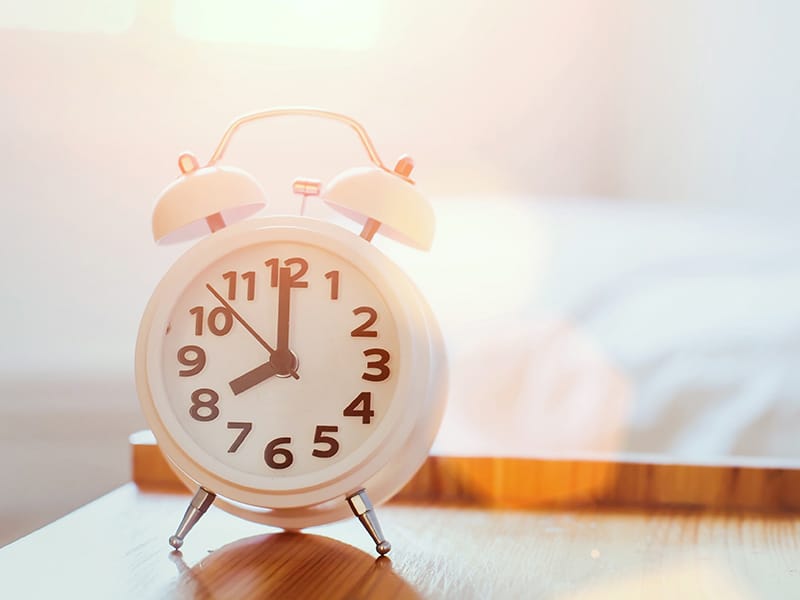For so many of us, stressful days coping with the COVID-19 pandemic have meant restless nights. What’s at stake with too little shut-eye?
There’s no getting around it: Maintaining your health, especially in stressful times like these, requires a good night’s rest. And that means seven to eight hours of sleep.
“Maybe a little more,” says Robert McMichael, MD, a neurologist on the medical staff at Methodist Mansfield Medical Center who specializes in sleep medicine.
What about those people who regularly snooze five or six hours and claim to feel fine?
“They’re not fine,” Dr. McMichael says. “You can do that for one night and probably be okay, but 30 nights of it is another story.”
What’s more, your immune system will need the rest to fight off a virus, whether it’s COVID-19 or something less nasty.
Bad for your brain and overall health
When you’re asleep, there’s a lot more going on internally than you may realize.
“During sleep, your body and brain are doing important work,” Dr. McMichael says. “Sleep is when memories are consolidated. Lack of sleep also raises adrenaline and cortisol levels, creating a cascade of biochemical effects in the body.”
Stress hormones like cortisol and adrenaline are intended to power the body through short bursts of crisis or danger, such as during the fight or flight response.
When these hormones run high all day and don’t have time to reset overnight, it can lead to a host of health problems, including weight gain, increased blood pressure and cholesterol levels, and a higher risk of heart disease.

How to recharge your “body battery”
Think of your body like a battery and sleep as an opportunity to plug in. But, the time you spend recharging is only part of the equation.
“To get a good night’s sleep, it’s important to consider the quality, not just the quantity, of hours slept,” Dr. McMichael says.
To increase sleep quality, he urges people to keep the following recommendations in mind:
- Keep a regular sleep schedule: “This helps your internal clock know what time to go to sleep and wake up,” Dr. McMichael says. A regular schedule leads to fewer disturbances throughout the night and an easier time falling asleep and waking up.
- Ditch the electronics: “Watching TV in bed is not good. It tends to keep you awake,” Dr. McMichael says. The same goes for curling up with a computer, tablet, or smartphone, all of which engage the wakeful centers of your brain.
- Say no to naps: As great as a nap might seem, this can interrupt normal sleep patterns and make it more difficult to fall asleep and stay asleep at night. “You want to have all of your sleep during one period during the night,” Dr. McMichael says.
- Eat outside of the bedroom: Eating falls under the broad category of “awake activities,” he says. Digestion can also interfere with sleep, so he recommends fasting for two hours before bedtime.
- Get your exercise early: Work out during the day “at least a few hours before sleep,” Dr. McMichael says. After dark, opt instead for relaxing physical activities like bedtime yoga, walking at a moderate pace, or deep breathing exercises.
- Abstain from alcohol: Don’t let the temporary drowsiness caused by booze fool you. “When the alcohol wears off, you get a rebound effect,” Dr. McMichael explains. “This causes you to wake up throughout the night.”
- Keep things quiet: Your bedroom should be peaceful, even if that means evicting the family pet. “If pets wake you up by making noise or moving around, they need to sleep in a separate room,” Dr. McMichael advises. The same goes for background noise like the TV or radio. White or pink noise machines can cover up noises you can’t control, like neighborhood sounds or traffic.
- Dark is better: The bedroom should stay dark at night. “If you need a night light so you don’t trip when going to the bathroom in the middle of the night, that’s okay,” Dr. McMichael says. Blackout curtains and sleep masks made of simple cotton or silk material can help to block outside light.
Keep these guidelines in mind to optimize your sleep routine and get the most healthful benefits from your shut-eye.
And, if nothing seems to help, Dr. McMichael suggests setting up an appointment for an individualized assessment. Sleep disturbances could be related to underlying conditions such as insomnia, REM sleep behavior disorder, or sleep apnea.
“When these stress hormones can’t power down long enough, it can lead to a host of health problems.” — Robert McMichael, MD

